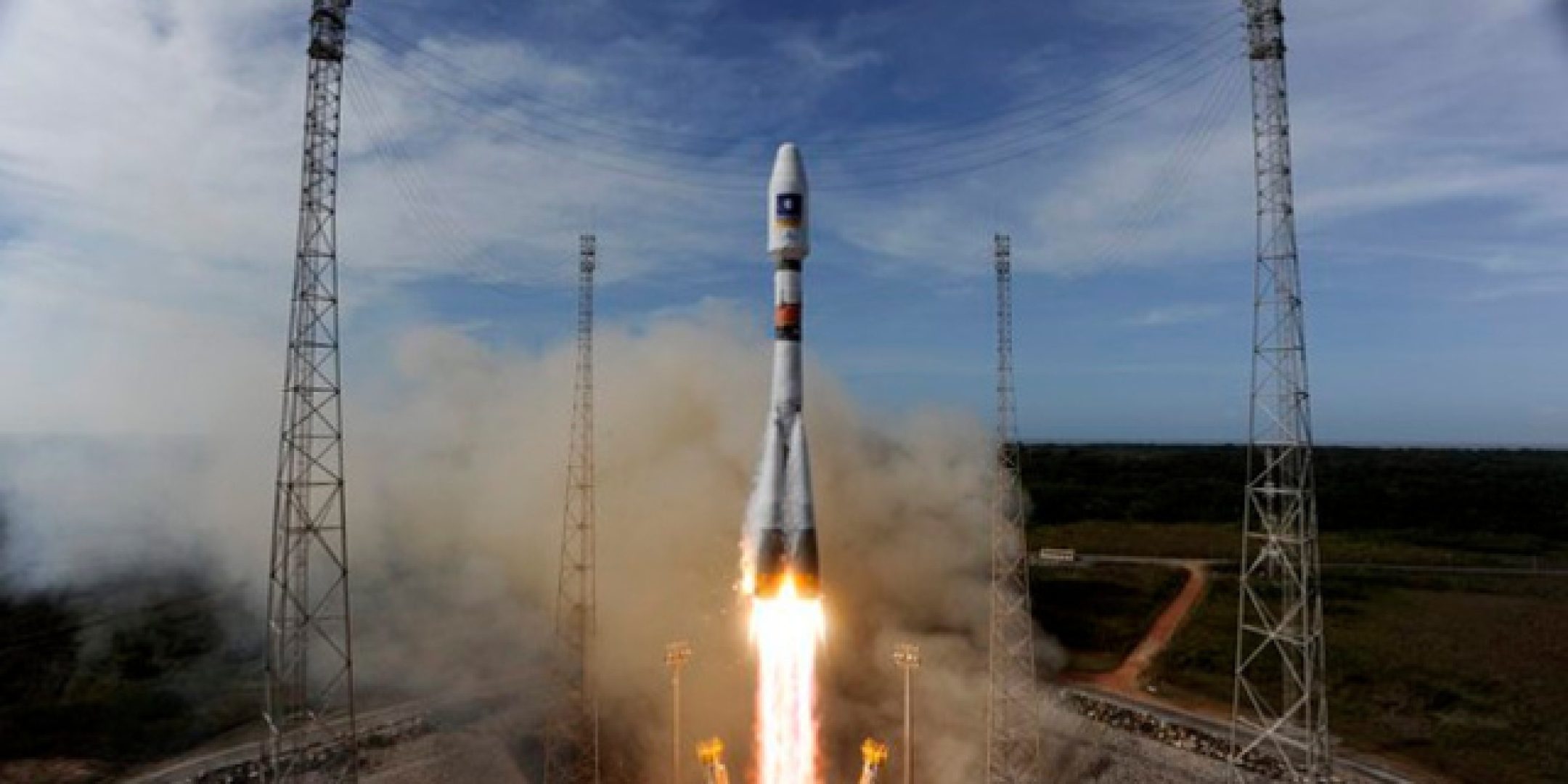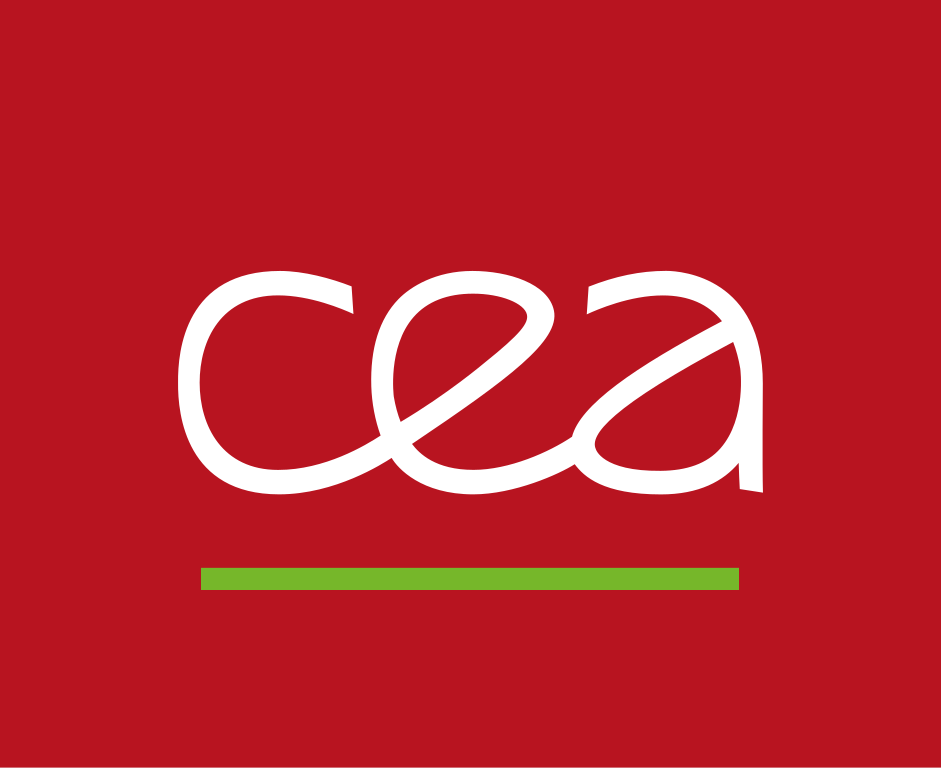Tuesday May 24, the Soyuz launcher accomplished its 15th successful flight from the Guiana Space Centre, Europe’s spaceport in Kourou, orbiting the 13th and 14th satellites for the Galileo satellite navigation programme on behalf of the European Space Agency (ESA) and the European Commission. Ultimately, Galileo will offer much greater precision and reliability than any other satellite navigation system.
On its 15th launch from the Guiana Space Centre (CSG), Soyuz launched two new Galileo satellites, the 13th and 14th in the constellation following the previous two launched last December. Ultimately, Galileo is set to give Europe an extremely precise, reliable and secure satellite navigation system.
Placed in a circular inclined orbit at an altitude of 23,522 kilometres, the two satellites—each weighing slightly over 700 kilograms—will deliver signals compatible and interoperable with existing satellite navigation systems, but one of Galileo’s key advantages is that it offers near-metric precision, and that is before signals are further refined by additional processing. The full Galileo constellation will comprise 26 satellites to provide unrivalled precision and serve an unprecedented range of applications. The 12 FOC satellites still to be deployed after this latest launch will be orbited by three Ariane 5 flights, each carrying four satellites.
On the occasion of this launch, Jean-Yves Le Gall, https://fscience-old.originis.fr/wp-content/uploads/2023/06/GLOC_Oslo_Norway_S2_27juillet2022_web-2-1.jpg President, ESA Co-Chair and interministerial coordinator for European satellite navigation programmes, commented: “https://fscience-old.originis.fr/wp-content/uploads/2023/06/GLOC_Oslo_Norway_S2_27juillet2022_web-2-1.jpg is especially proud to celebrate the orbiting of two new Galileo satellites after this second successful flight for Soyuz this year from the CSG.”

